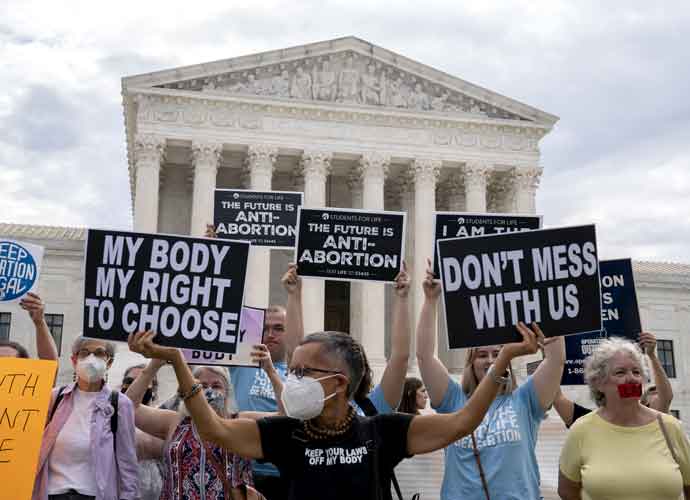Supreme Court Denies Petition To Reverse Ruling That Charter Schools Cannot Force Girls To Wear Skirts
The Supreme Court Justices denied a petition to hear Charter Day School, Inc. v. Peltier, which argued a charter dress code that required girls to wear skirts and was struck down by the 4th U.S. Circuit Court of Appeals.
Charter schools are publicly funded and tuition-free, but have more autonomy than other public schools to operate independently. Because of this, some religious liberty advocates have argued that charters are not state actors and should therefore be considered private entities, able to make their own rules without being subject to state and federal regulations.
Charter Day School, located in North Carolina, defended its dress code, claiming it sought to “emphasize traditional values” and preserve the idea that a woman is a “fragile vessel that men are supposed to take care of and honor,” as stated by the school’s founder.
The appellate court’s ruling held that charter schools do, in fact, work on behalf of the government and thus cannot enforce the dress code. The decision found that the proposed policy violated the 14th Amendment, otherwise known as the equal protection clause.
Subscribe to our free weekly newsletter!
A week of political news in your in-box.
We find the news you need to know, so you don't have to.
The Supreme Court’s decision to decline the case came after President Joe Biden and his administration urged them to do so last month.
“Today’s announcement is a victory for thousands of students who attend public charter schools in North Carolina,” said director of ACLU Women’s Rights Project Ria Tabacco Mar in a statement.
“Girls at public charter schools have the same constitutional rights as their peers at other public schools, including the freedom to wear pants. We will continue to fight for all girls to learn in safe and equal schools.”
The dispute over charter schools will not end with this case, as other efforts to establish the schools as private entities are still in motion.
Earlier this month, Oklahoma authorities approved a public taxpayer-funded Catholic school that would allow teachers to educate about religious principles, just as they would in a private school. This case will likely be the subject of litigations in the future.
Get the most-revealing celebrity conversations with the uInterview podcast!







Leave a comment